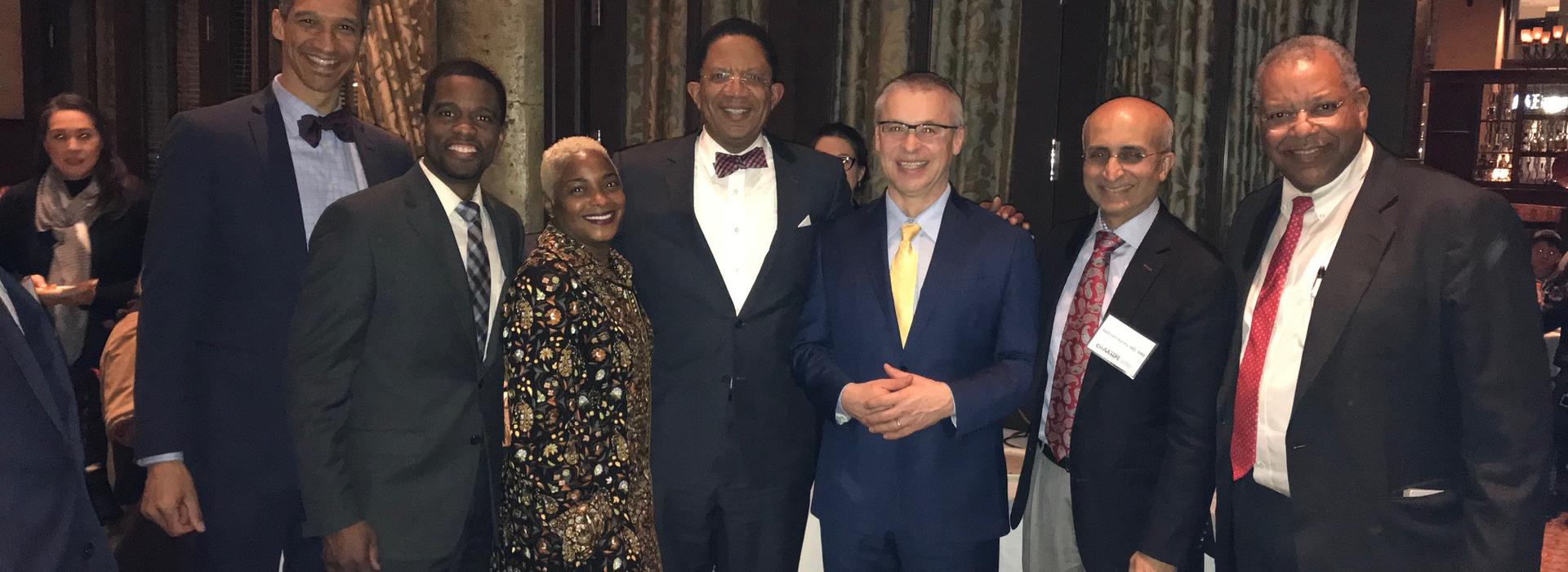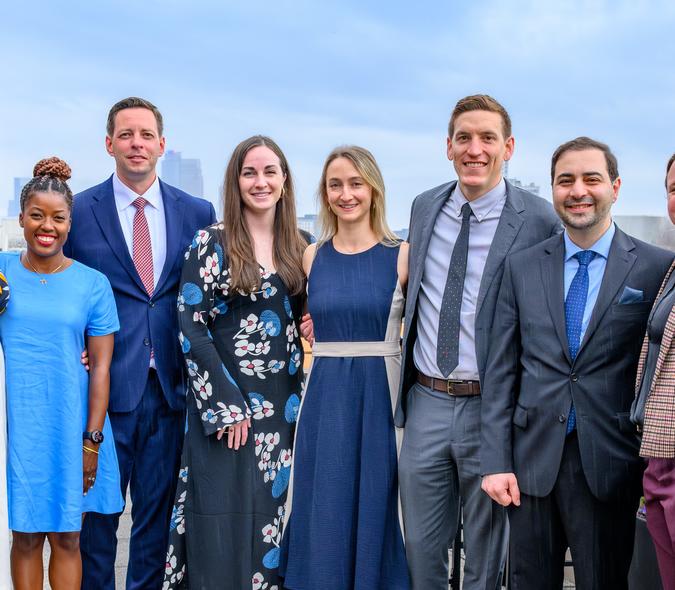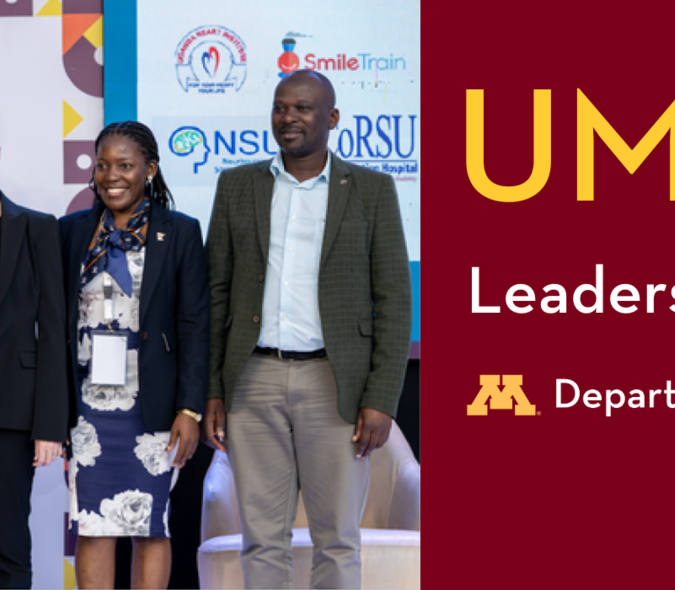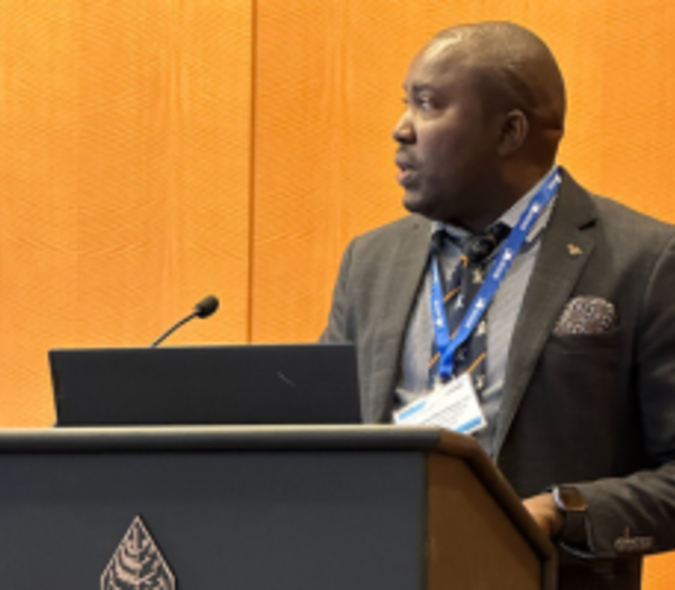
National Forum on Cancer Disparities Highlights UMN Research
Data shows that there is much work yet to be done to close the health disparities gap in African American men.
A recent national conference, sponsored by the University of Minnesota Medical School and Masonic Cancer Center showcased research being conducted by UMN researchers who are working to close this gap and change the current trajectory of health disparities in African American men.
Recognizing an epidemic worthy of urgency, a $13.5M NIH grant (awarded in 2013) jointly to the University of Minnesota and the University of Alabama, Birmingham provides research funding to tackle this health inequity. This grant funded the establishment of the Center for Healthy African American Men through Partnerships (CHAAMPS) a first-ever collaborative center to develop, implement and evaluate interventions to improve African American men’s health through research, outreach, and training.
To date, CHAAMPS has provided crucial research funding for 16 projects at both the Twin Cities and Duluth Campuses, and across the Health Sciences including the Medical School, Schools of Public Health, Pharmacy and Nursing.
Held annually, the CHAAMPS National Conference brought together national experts in the fields of medicine, public health, cancer control, prevention, surgical oncology, and community-based participatory research to discuss the current state of cancer disparities in African American men.
Cancer in African American men is the second leading cause of death - 21% of deaths. The most commonly diagnosed cancer in US Black Males is prostate accounting for 30% of all diagnosed cancers.
Former Chief Medical and Scientific Officer of the American Cancer Society, Otis Brawley, MD, delivered the keynote address. An acknowledged global leader in the field of health disparities research, Brawley was a key leader in the American Cancer Society’s work to eliminate disparities in access to quality cancer care.
Brawley explained that the most important health disparities issue is how to provide adequate high-quality care (including preventive services) to populations that so often do not receive it.
African American men have a higher cancer burden in part because they are more likely to live in poverty with limited access to quality health care than whites, said Brawley. Being medically underserved along with behavioral risk factors for cancer which include higher rates of tobacco smoking, physical inactivity and obesity contribute to the higher cancer burden.
Following the keynote address, CHAAMPS community partners were recognized by CHAAMPS Principal Investigators Badri Konety, CEO, University of Minnesota Physicians and Selwyn Vickers, MD, Senior Vice President and Dean of the Medical School, University of Alabama at Birmingham. Specifically, Dr. Konety emphasized the unique academic-community partnership with its national supporters the National Baptist Convention Foundation USA, Inc., and 100 Black Men of America, Inc. and how these relationships are essential in developing collaborative strategies to change the current course of African American men’s health and explore factors responsible for current differential health outcomes.
Medical School Dean Jakub Tolar spoke about the importance of the development of high-impact community partnerships which is helping to grow our knowledge about health disparities and improving the health of African American men.
St. Paul Mayor, Melvin Carter, also in attendance, encouraged researchers and community partners to continue to push forward by recognizing the importance of the social root causes of health disparities.



